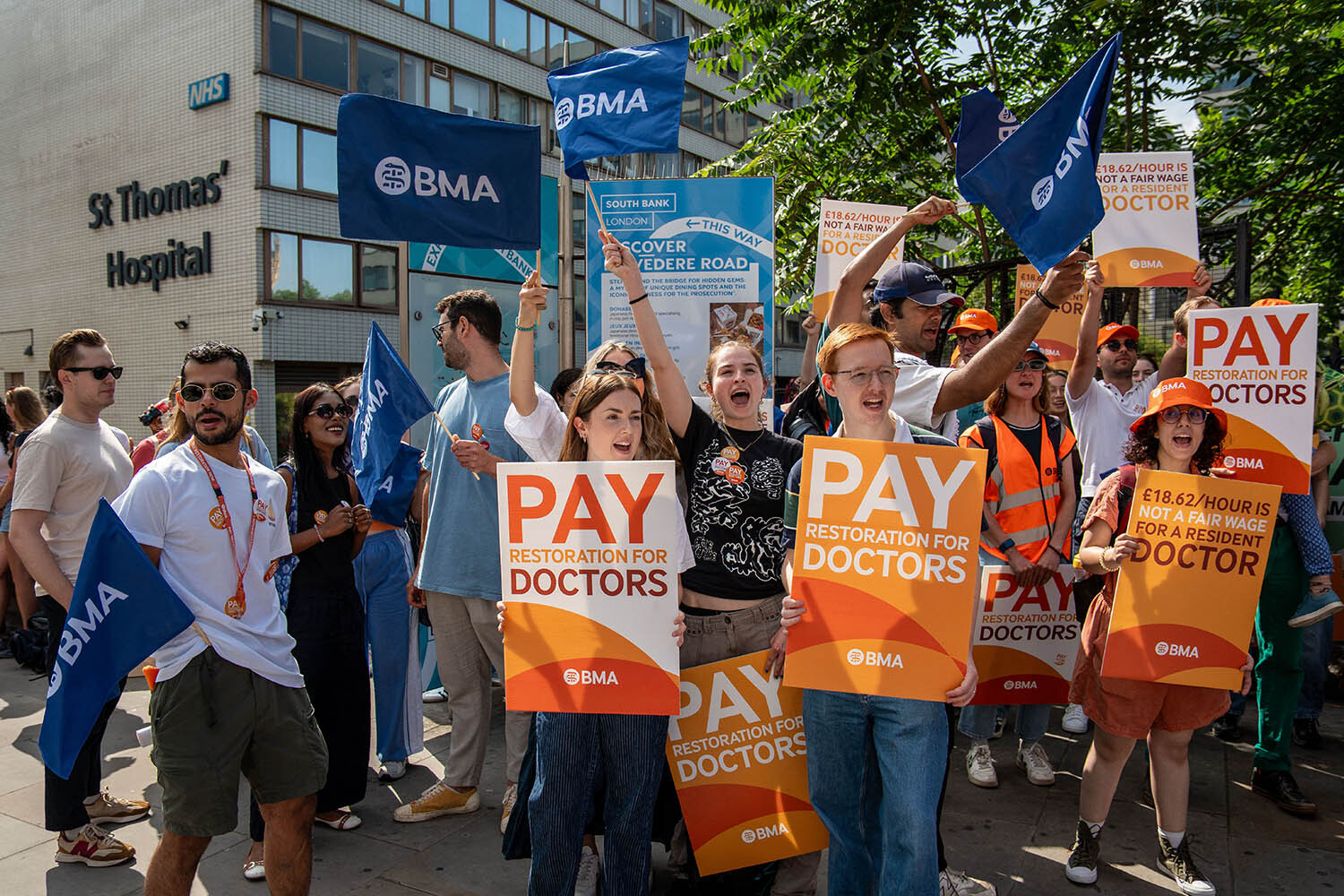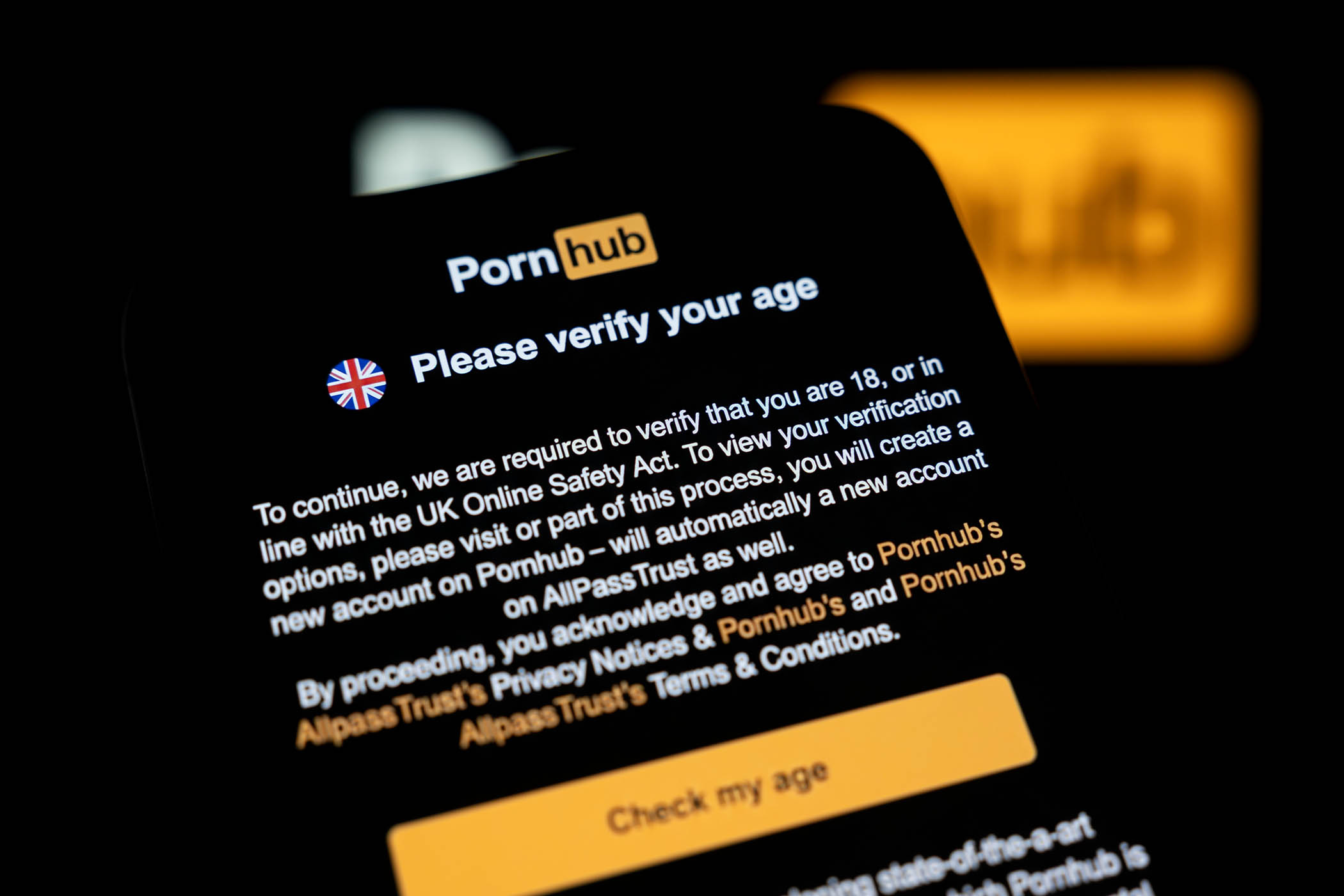Up to 50,000 NHS resident doctors are currently on strike over pay, their twelfth walkout since March 2023.
So what? This month Labour announced an ambitious plan meant to revive a health service that is on its knees. Any detail from that has now been overtaken by a downing of tools that
•
will severely disrupt medical treatments;
•
could encourage similar action by nurses; and
•
may lead to patient deaths.
Here we go again. Ending resident doctor strikes was one of the health secretary Wes Streeting’s first priorities. Last year he struck a deal with the British Medical Association to increase pay by 22 per cent. This was a temporary boost, since it only applied to 2023-25 salaries. For 2025-26, the rise was 5.4 per cent.
Not good enough. This is better than the 3.6 per cent pay rise awarded to nurses in June 2025. But the BMA wants full “pay restoration”. It says the salaries of resident doctors, who are still in training, are 21 per cent lower in real terms than in 2008 because of inflation.
Damned statistics. The BMA uses the Retail Price Index (RPI) to reach this number. The government uses another measure, the Consumer Price Index (CPI). This is the official metric used to calculate changes to the cost of living, based on a basket of consumer goods. If CPI is used, pay has only fallen by 4.7 per cent since 2008, according to the Nuffield Trust.
Hang on. The BMA’s insistence on using RPI is based, in part, on the fact that the government uses it to calculate rail fares and interest payments on student debt.
The latter is particularly relevant. Although they earn a relatively high salary after 5 years in training (£61,825 a year, excluding compulsory overtime), doctors emerge from five years of medical school owing as much as £100,000.
Ouch. That’s nearly double the average debt pile of British graduates. Unlike many other professionals, medical trainees also spend thousands of pounds on exam fees and courses.
Related articles:
Another thing. Pay isn’t the only grievance, with resident doctors also complaining about
•
a shortage of speciality training posts, which means many get stuck on the middle rungs of the career ladder;
•
an arcane placement system that requires them to move around the country at a few months’ notice; and
•
gruelling hours and stressful working conditions.
Cash-strapped. This time round, the health secretary is less sympathetic and says there is no more money for pay rises. Last year’s increases ate up more than half of the extra £10.4 billion given to the NHS. Streeting would rather be getting on with plans to revamp the health system. These are centred around
•
shifting care from hospitals to the community;
•
making better use of digital tech; and
•
preventing sickness in the first place.
Newsletters
Choose the newsletters you want to receive
View more
For information about how The Observer protects your data, read our Privacy Policy
Negotiations. In an unsuccessful bid to avert the strikes, Streeting made several last-minute offers, including
•
accelerating doctors’ training so they progress through the pay scales faster;
•
giving them part of their pensions upfront; and
•
subsidising exam fees.
The toll. Previous rounds of strikes led to the cancellation of 1.5 million planned appointments, as well as five deaths. Labour is eager to avert more cancellations, having made much of bringing down waiting lists. NHS England has not postponed scheduled non-urgent care.
What’s more… The BMA has criticised this decision, saying it puts lives at risk. Critics have pinned the responsibility on them, saying they chose to strike. Either way, patients will suffer.



